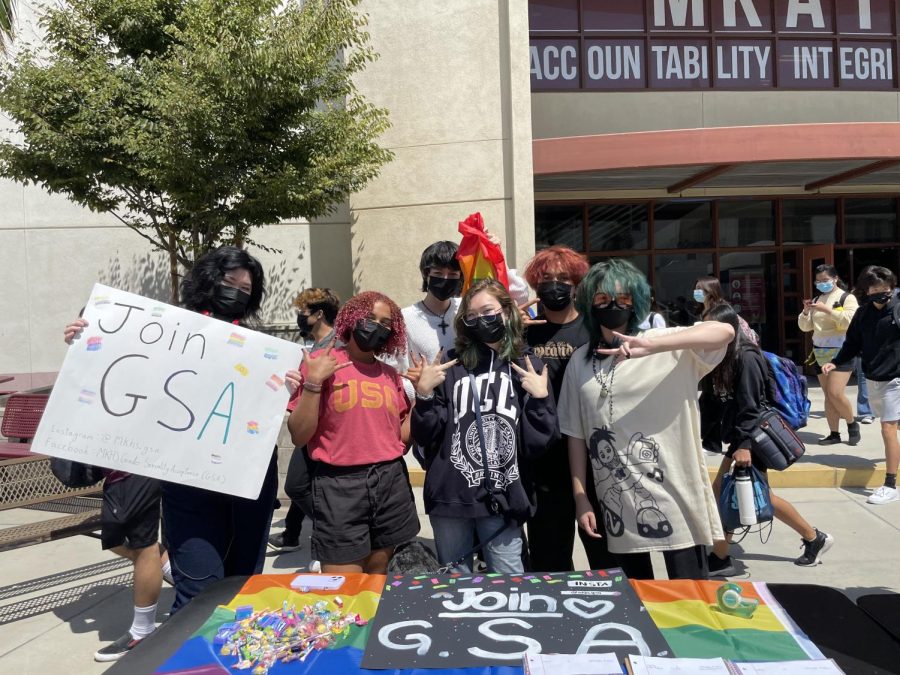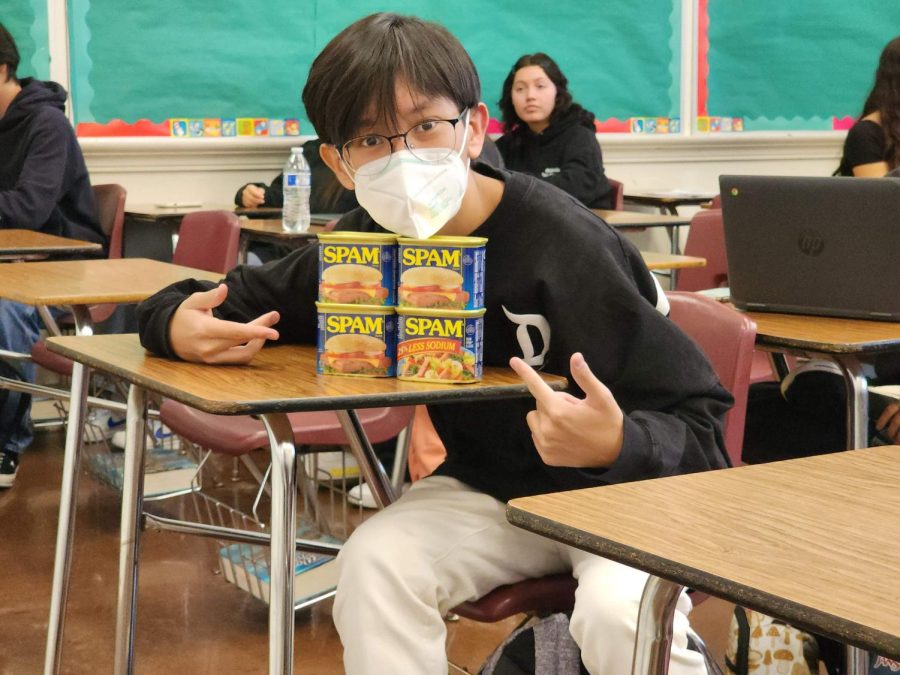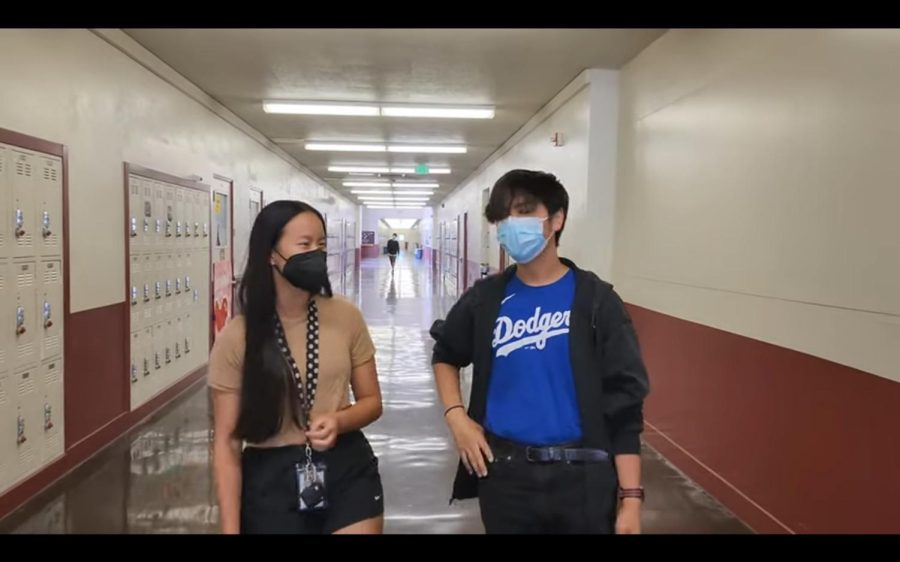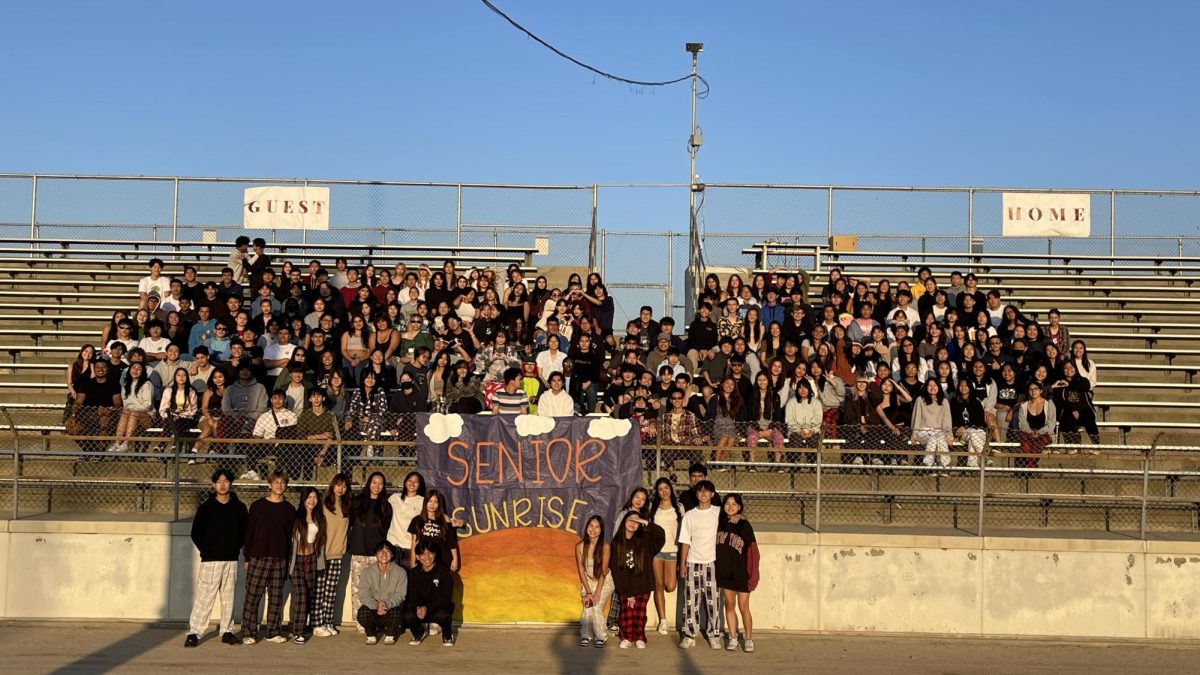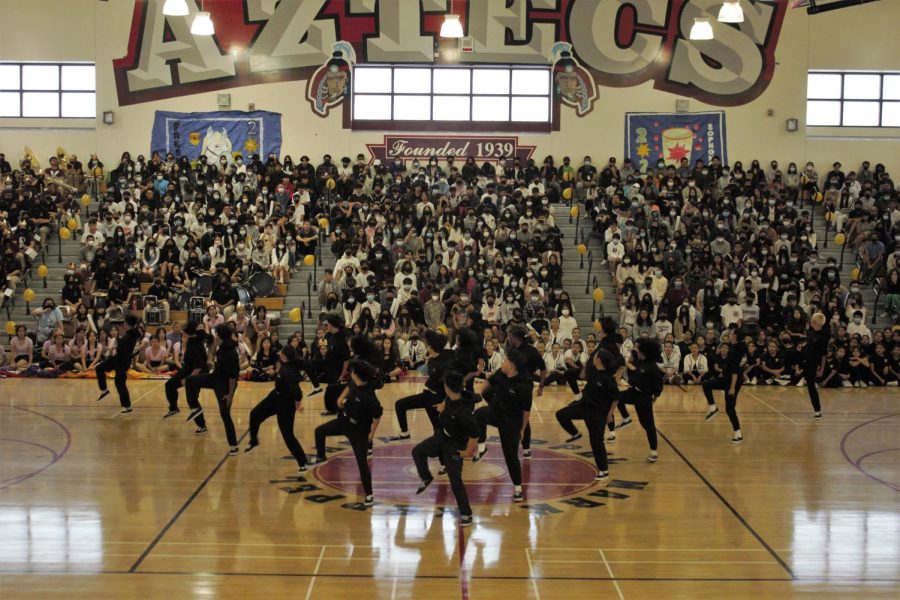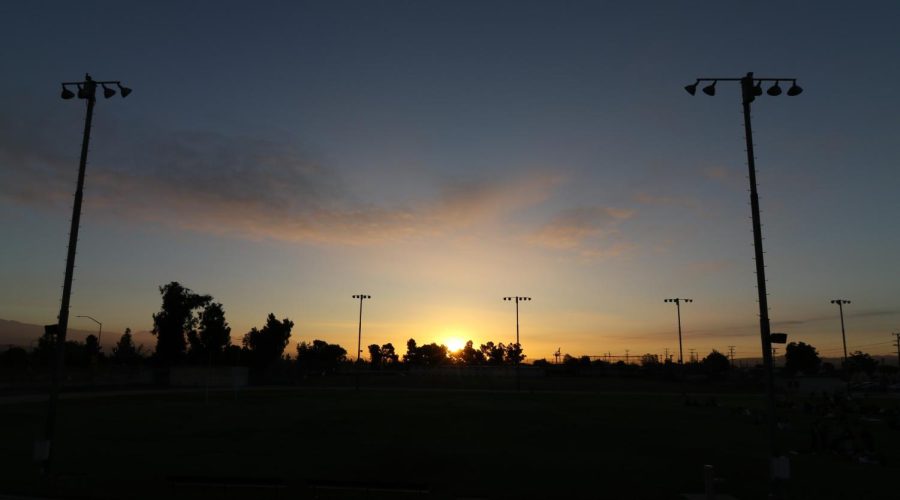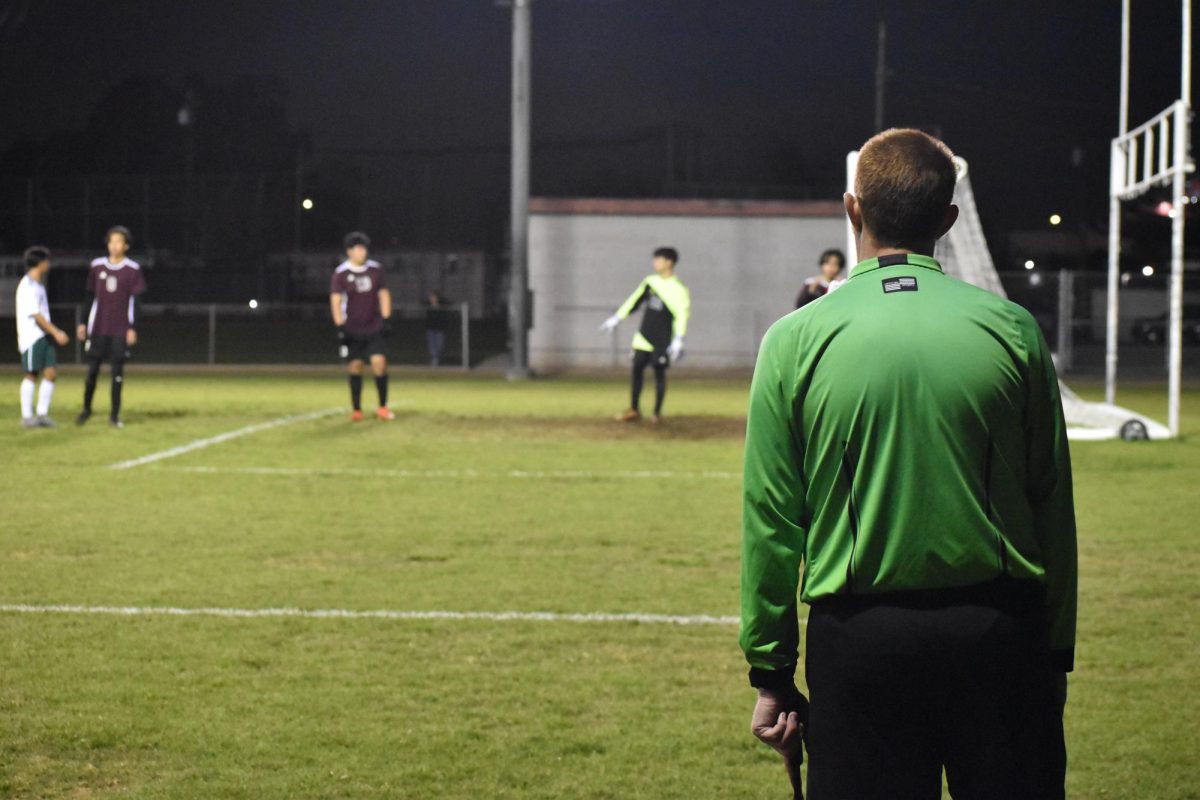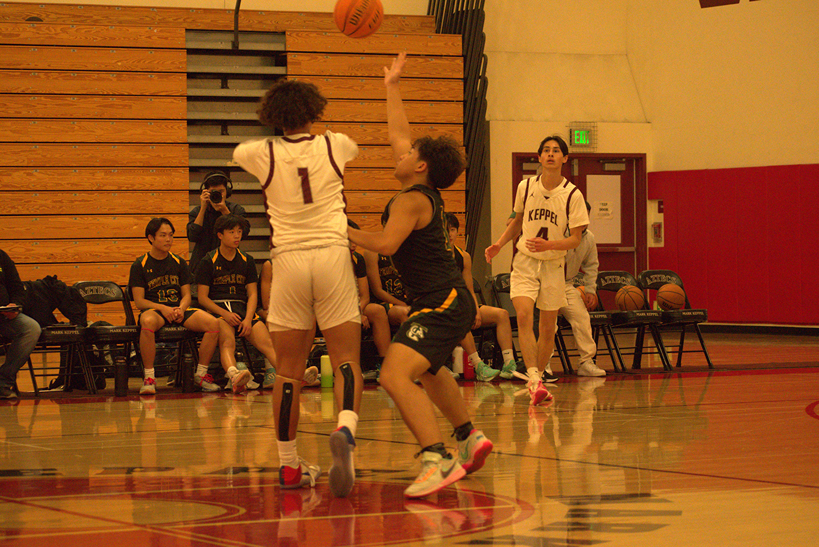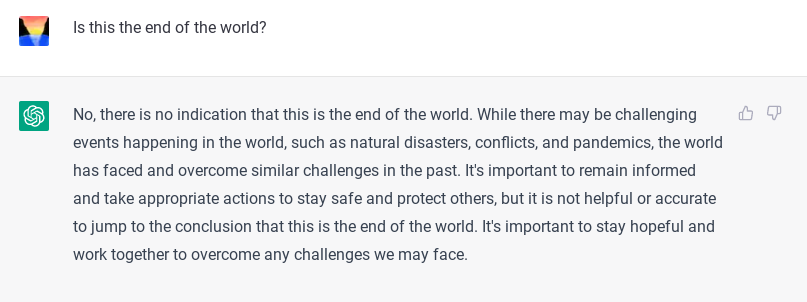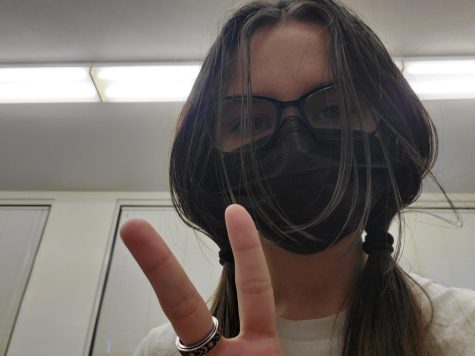TikTok, Your Time is Up
March 21, 2023
TikTok, the video-sharing app that has taken the internet by storm, has announced that it will be cracking down on some of its policies. Starting in the upcoming weeks, TikTok will be limiting screen time to one hour for every account under the age of 18. In order to get more than an hour, they would have to input their password.
Introduced to make someone more conscious of the amount of time they spend on the app and willingly choosing to spend their day on TikTok, will it really help? TikTok is known to be addicting, with people mindlessly scrolling on it for four or more hours a day due to the dopamine rush that restarts at every swipe of the thumb. Will simply including a screen limit fix the problem?
Many people seem to think it won’t as millions of people, teenagers primarily, lie about their ages on the internet, putting a fake birthday in. With this, many teens won’t actually be affected by it. If anything, this could backfire on the company, with more and more people lying about their ages to avoid it.
Sarah Deng, junior, claims that kids would be desperate enough to figure out a password to continue. However, she did mention that it would make her conscious of her time on it.
Fatima Raad, junior, agrees. She has said that this new policy would keep her off the app, but “at times, I wouldn’t want to [stop] and just continue scrolling.”
Why would it be hard to stop scrolling? Because of the short video format, it makes it easy for our brains to lose track of time, as the “one more video” mentality turns into five, or 10, or 100 more. With each one lasting anywhere from 15 seconds to 10 whole minutes, it’s easy to get lost in the app.
However, I think this would be where the new policy plays its intended part. It would make it easier to keep teens from falling into the toxic trends that circulate around TikTok. The less time spent on the app means it is less likely to fall down a rabbit hole–one that could negatively affect the growing mind of a young teenager. The effects of which have only grown due to the pandemic.
“I think this would help with people’s mental health in general,” Raad said. “Rather than scrolling for hours on end, it reminds people that they don’t have to continue to scroll and do things outside of their phones.”
I don’t think this will work as well as TikTok wants to, but it is a step forward in separating teen spaces from those of children, and helping make the internet a safer place for the children.






